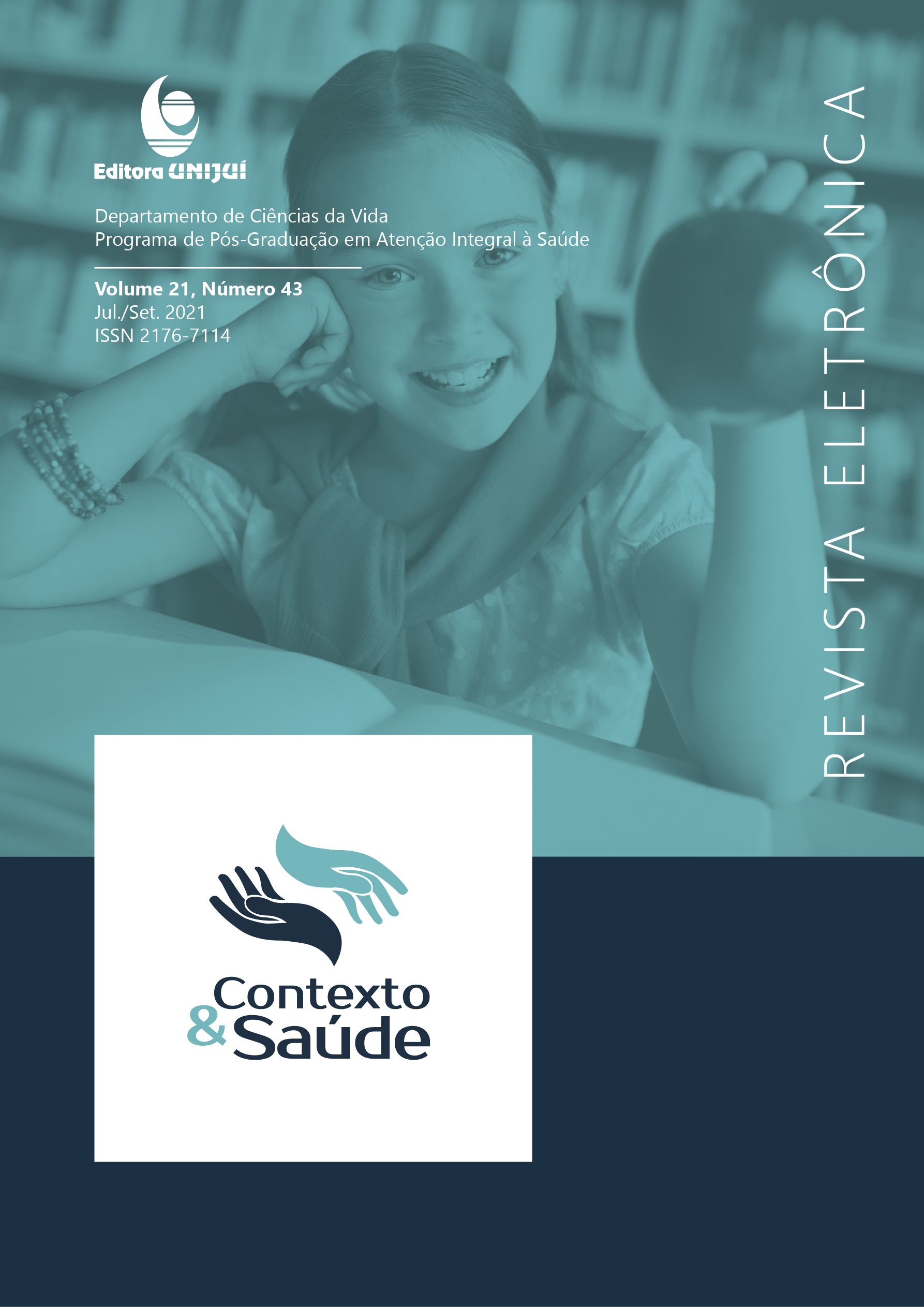Unified Health System for everyone, for the poor or for anyone? The view of Physical Education students
UNIFIED HEALTH SYSTEM FOR EVERYONE, FOR THE POOR OR FOR ANYONE? THE VIEW OF PHYSICAL EDUCATION STUDENTS
DOI:
https://doi.org/10.21527/2176-7114.2021.43.11620Keywords:
Unified Health System, Physical Education and Training, Universalization of Health, Integrality in Health.Abstract
The objective was to verify the view os physical education students (PES) about who should have the right to access Unified Health System (UHS) (“for all, “for the poor” or “for no one”) in general and in specific actions/services. 349 students (216 freshman and 133 graduates) from three public universities in Paraná answered a semi-structured questionnaire. The main questions assessed the PES’s view of the principle of universality, in general (from a general question about what access should be) and for 11 specific services/actions. In the data analysis, frequency analysis and the chi-square test (p≤0,05) were used. The majority (85,4%) considered that access to SUS should be “for everyone” (with no difference between freshmen and graduating students, p=0,090), while 12,9% considered that it should be “for the poor” and 1,7% “for no one”. As to access in a more specific way, the graduates presented more responses “for all” about who should have access to the 11 services/actions offered by UHS than those freshman. It is concluded that a high percentage of PES considers that access to UHS should be universal, but a limited view on the services/actions that should be “for all”.
Downloads
Published
How to Cite
Issue
Section
License

This work is licensed under a Creative Commons Attribution 4.0 International License.
By publishing in Revista Contexto & Saúde, authors agree to the following terms:
The works are licensed under the Creative Commons Atribuição 4.0 Internacional (CC BY 4.0) license, which allows:
Share — to copy and redistribute the material in any medium or format;
Adapt — to remix, transform, and build upon the material for any purpose, including commercial.
These permissions are irrevocable, provided that the following terms are respected:
Attribution — authors must be properly credited, with a link to the license and indication of any changes made.
No additional restrictions — no legal or technological measures may be applied that restrict the use permitted by the license.
Notes:
The license does not apply to elements in the public domain or covered by legal exceptions.
The license does not grant all rights necessary for specific uses (e.g., image rights, privacy, or moral rights).
The journal is not responsible for opinions expressed in the articles, which are the sole responsibility of the authors. The Editor, with the support of the Editorial Board, reserves the right to suggest or request modifications when necessary.
Only original scientific articles presenting research results of interest that have not been published or simultaneously submitted to another journal with the same objective will be accepted.
Mentions of trademarks or specific products are intended solely for identification purposes, without any promotional association by the authors or the journal.
License Agreement (for articles published from September 2025): Authors retain copyright over their article and grant Revista Contexto & Saúde the right of first publication.

